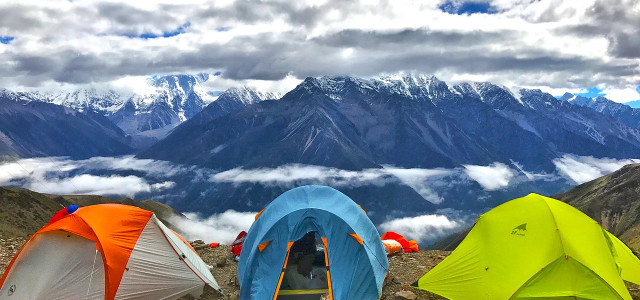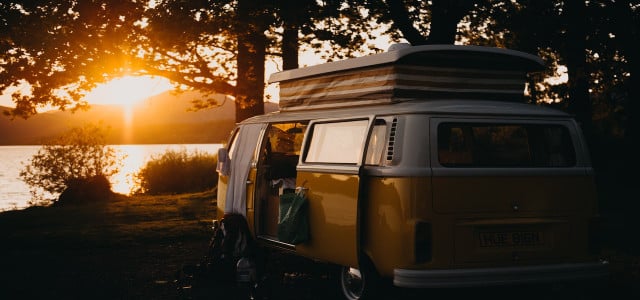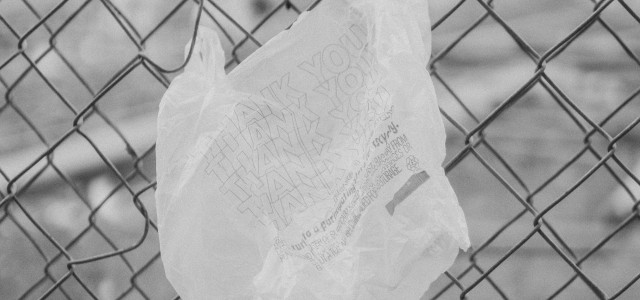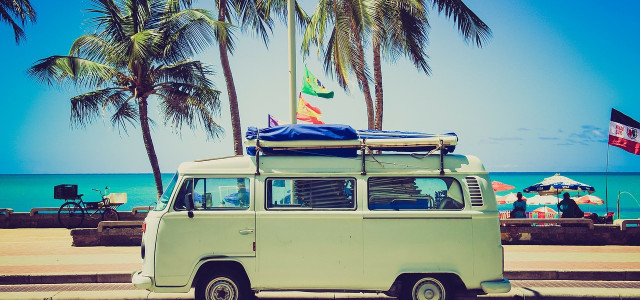Planning a camping trip but unsure where to start? Read on to learn helpful, practical, and sustainable camping tips for your next adventure.
Camping is a fun outdoor activity that many people enjoy doing. You get to spend all day and all night in nature and disconnect from your busy life and daily routines. Camping is a great getaway option for the summer or early fall, depending on your location. If you are a beginner, we recommend researching your area and when it would be the best time of the year to go camping. Remember that weather and temperature can be a dealbreaker, especially if you are new to this. In this article, we will give you 20 camping tips that will help you plan and enjoy your next camping trip sustainably.
1. Plan Your Trip in Advance
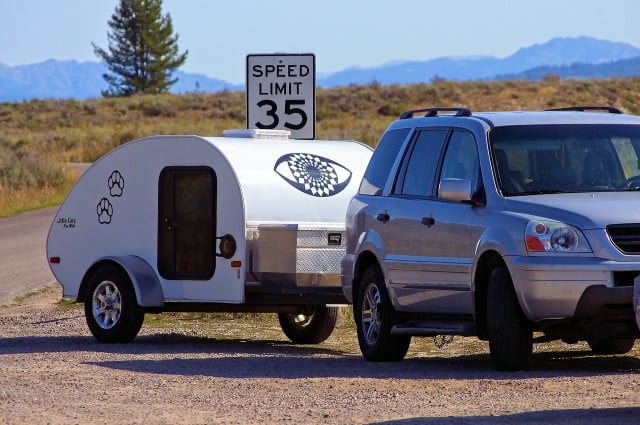
Just like if you would go on any other trip or vacation, plan your trip. If you are new to camping, don’t be afraid of over-planning. It’s always better to be well-prepared, just in case. Some of the things you should take some time to research before your trip are:
- Camping Spots and Surrounding Area: All camping experiences are different from one another. If you’re a beginner, consider choosing a campsite where you can take advantage of toilets, barbeques, and other things that make camping easier. Make sure you know what amenities your site has beforehand so you can plan accordingly.
- Campsite Rules: If you are going to a campsite, pay attention to specific rules that may be in place, for example, it’s important to know whether or not open fires are allowed.
2. Camping Tip: Plan Your Meals Beforehand
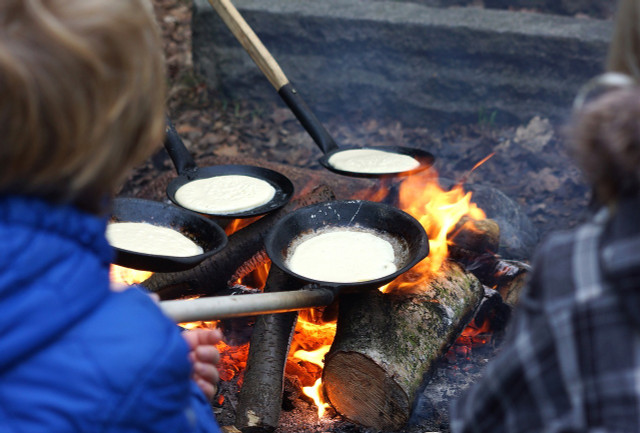


Depending on where you camp, you might use a barbeque, a campfire, or a portable stove. No matter your situation, it is always helpful to plan your meals in advance. By doing so, you will make sure you are packing all you need, and you won’t have to worry about being short on food in the middle of your trip. Another excellent camping tip is to prepare some meals in advance; chop your veggies and bring them in a container, make some pancake batter at home and keep it in the cooler box, etc. Meal prepping will make things easier for you when you are out in nature.
Remember: Some campsites have mini supermarkets directly close by or even directly on-site, but the further off the grid you go, the less chance you have of finding a place to restock on groceries. Check the map before you go!
3. Test All Your Equipment Before You Leave
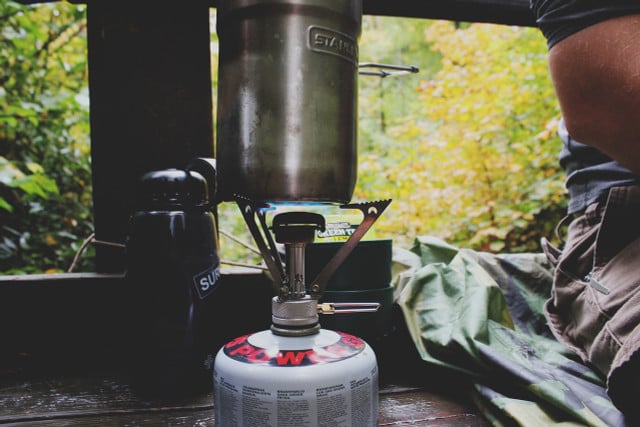


One of the most important camping tips out there is to make sure you always check all of your essential equipment before you leave to make sure that everything is working as it should. Important things to check include your camping stove, flashlight, tent, and portable charger.
4. Check the Weather Forecast
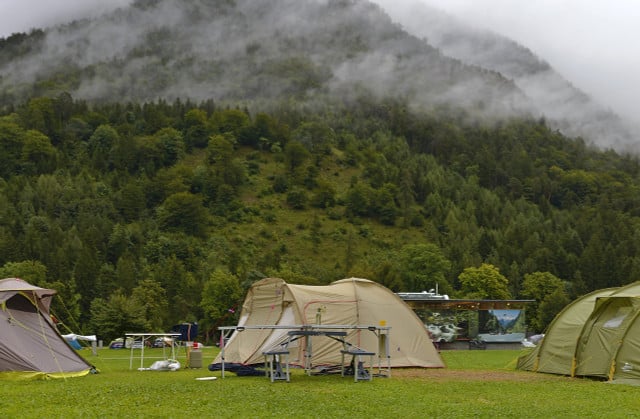


Camping looks very different depending on the season you are in. If you are a beginner, perhaps you want to avoid camping during the late fall and winter or at the beginning of the spring if it often rains in the area. If you plan your camping trip at a time of the year when it’s warm, you’ll need less equipment, and it won’t be a disaster if you accidentally buy or borrow the wrong kind of sleeping bag. In addition, make sure you always check the weather forecast the day before you go camping!
Pro Camping Tip: Always plan for bad weather. Always. Even if you are going on a camping trip during the summer, you never know when a storm is coming. If you plan for the worst, you will always be prepared.
5. Important Camping Tip: Always Bring a First-Aid Kit
Whether you are a beginner or a pro camper, a first-aid kit is always a must. Hopefully, you will not need to use it, but it is always good to have it just in case. Remember that while camping, you won’t have as many facilities as you have at home. For example, you will be cutting potatoes without a kitchen counter or cutting board, or you may cut yourself with a branch when you go on a hike. You can downsize with other non-essential things, but you should never leave your first-aid kit behind.
6. Check All Your Must-Haves Before You Leave
The best way to make sure you don’t forget anything is to make a list of all things you need to pack. On top of the essentials, such as a first-aid kit, sleeping bag, tent, etc., there will be lots of things you will want to bring for camping. Make a list to make things easier for you; you can even make different categories (for example, food, cooking utensils, gear) and make sure every item has a checkmark before you leave home.
7. Camping Tip: Reuse Your Plastic Bags
Packing for your camping trip is a great opportunity to reuse the plastic bags you have at home. You can use them to waterproof some items, to keep your dirty clothes altogether, or even to store your garbage. Always try to reuse your plastic bags as many times as you can!
8. Dispose Of Your Food Correctly
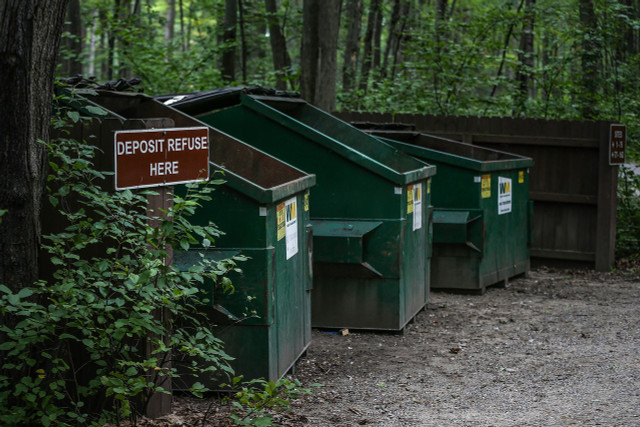


An important camping tip not just for sustainability but also for safety is to make sure you dispose of your food correctly.
To protect the environment, be responsible for your food waste. Always make sure you collect it and that nothing gets left behind. If you are on a campsite, take advantage of the garbage bins. If there aren’t any, always take your food waste with you and dispose of it on your way back home.
If you are in an area where there may be bears or other animals, it is even more important to get rid of any food waste and to store the food you have on your campsite properly. Any food left outside or not in bear-safe containers can attract unwanted (and possibly dangerous) visitors.
9. Follow the Leave No Trace Principles
This camping tip applies not only when you’re spending the night in the woods, but any time you are out enjoying nature.
The idea behind the Leave No Trace principle is always to ensure that you leave any natural environment exactly as you found it. The seven principles are:
- Plan Ahead and Prepare
- Travel and Camp on Durable Surfaces
- Dispose of Waste Properly
- Leave What You Find
- Minimize Campfire Impacts
- Respect Wildlife
- Be Considerate of Other Visitors
10. Camping Tip: Take Reusable Bottles with You
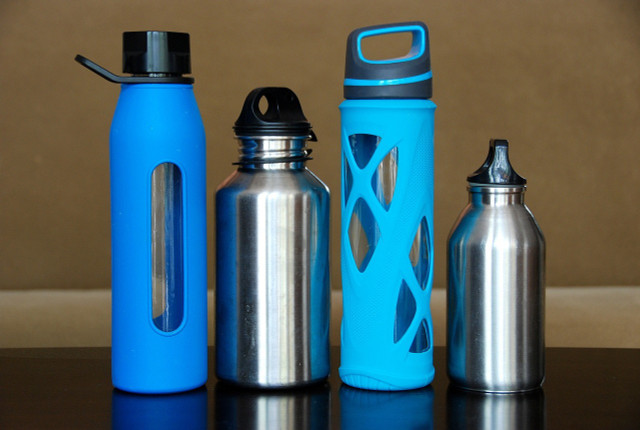


The amount of plastic pollution in the ocean becomes more and more alarming each year. An easy way to help combat this is by avoiding plastic bottles! By doing so, you will reduce the amount of garbage you have to bring back when you leave the campsite, and you will be reducing plastic waste, which goes a long way towards supporting the environment. Stainless steel bottles (like this one on Amazon**) are great for camping since they keep drinks cold or hot for a longer time.
11. Get Yourself a Good Sleeping Bag
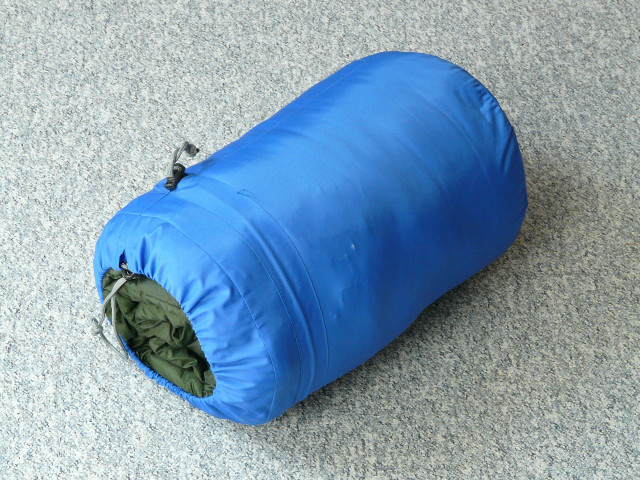


Sleeping outdoors isn’t as cozy as sleeping in your bed — and not as warm either. Make sure you have a good sleeping bag that will keep you warm at night. A floor mat is also a must; it will insulate you from the cold ground and make it a little more comfortable. If you have space and want an extra comfy camping experience, bring a pillow from home.
Choosing the right sleeping bag for your body and the weather is one of the most essential camping gear decisions you’ll make. Learn how to choose the right sleeping bag for you on OutdoorGearLab.com. Of course, if you’re only trying out camping and not sure whether it’s worth buying one for yourself — borrowing a suitable sleeping bag from a friend is always an option.
12. Camping Tip: Prevent Heat Loss in Your Tent
Even if you are camping during summer, temperatures always go down significantly at night. An easy way to keep the temperature in your tent more comfortable is to keep it closed during the day so that the heat from the sunlight stays inside, keeping you warmer at night. This camping tip is also helpful in keeping mosquitos and other bugs from getting inside your tent – you will thank yourself!
13. Always Arrive to the Campground During Light Hours
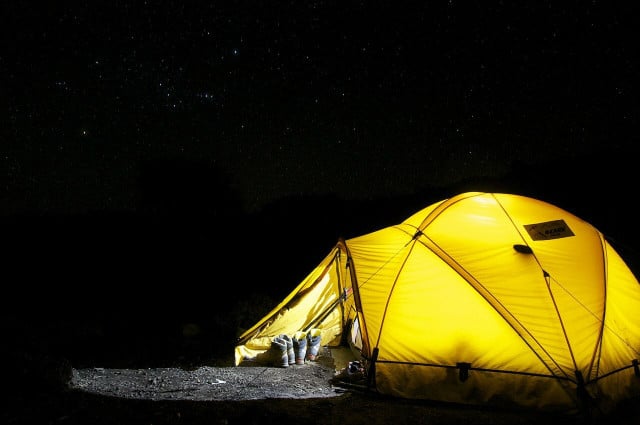


Getting to the campsite during the day is another must for a good camping trip and safety reasons. Check out the area where you are camping before it gets dark to pick a good spot.
Pro Camping Tip: double-check the ground where you’d like to set up your tent; avoid any slopes, and ensure there are no rocks, stones, or any other hazards under your tent.
14. Pack Spare Clothing
Dry clothes are another must-have for your camping trip. You can never predict things such as if there’s going to be light rain or if your clothes will get humid at night. Make sure you pack spare shirts, sweaters, pants, and socks!
15. Camping Tip: Take Reusable Plates and Silverware
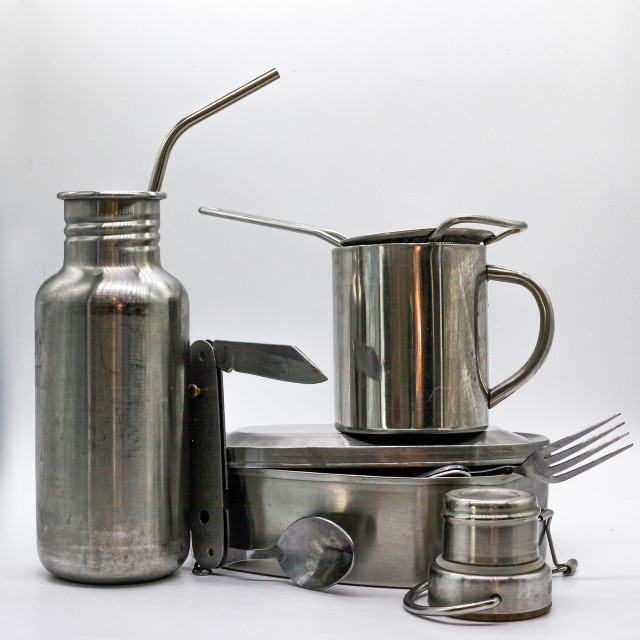


Reusable plates and kitchen utensils are essential to keep in mind for a more sustainable camping experience. Avoid generating extra trash (for the environment and your convenience, too), such as paper or plastic plates or even single-use silverware. We recommend bringing reusable options to clean once you are done and use again later.
16. Get Yourself a Decent Cooler Box
A cooler box is a very convenient thing to have when you go camping. Since you won’t have a fridge as you do at home, bring a good cooler box that will keep your food from spoiling. Fill it up with ice before you leave home, and always close it properly to keep the cold in.
Pro Camping Tip: Make sure all food in your cooler has previously been in the fridge or is currently frozen before you transfer it to your cooler box. This will help you keep the cold for longer.
17. Bring Camping Chairs
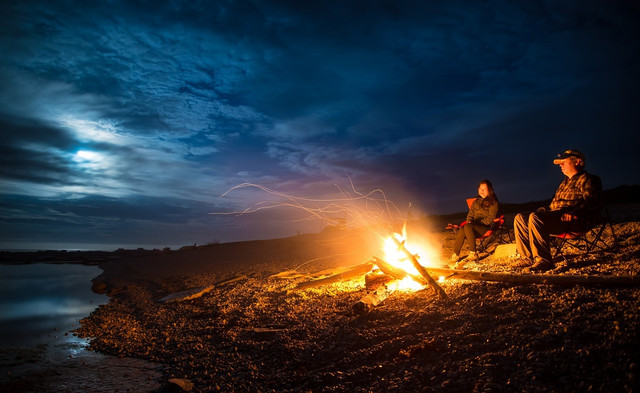


Chairs are always great for camping, no matter what season it is. They will save you from sitting on the ground, which can often be cold and wet. Camping chairs make camping much more comfortable and are perfect for sitting around the campfire with your friends.
18. An Essential Camping Tip: Bring Good Shoes
When you go camping, you will most likely wear the same shoes all the time. They should be comfortable, weather-appropriate, and waterproof. When you are spending time outdoors, it’s important to take proper care of your feet so that you can keep going all day long!
If you want to avoid getting dirt inside your tent, you can leave your shoes right by the entrance to keep your space tidier.
19. Keep the Set-Up Instructions from Your Tent
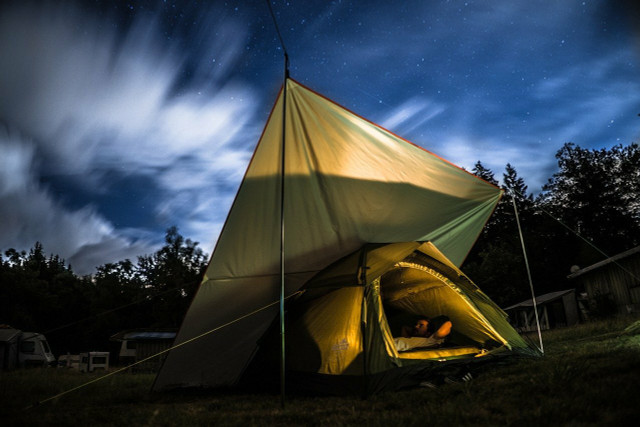


If you are a beginner, you may want to keep the instructions on how to set up your tent. This will help you set it up, but most importantly, also to take it down! You might also want to take pictures of how the pieces were stored in the bag before you assemble your tent, or you can even take a video of your set-up process to avoid any surprises on your last day.
20. Get Yourself a Solar Battery Charger
Depending on how long you will be camping, a portable charger may not be enough. Solar portable chargers are a great option when camping for several days because unless you only get cloudy days, they will have plenty of power to keep you and your friends’ electronic items going.
Read on:
- The 12 Best Plants to Naturally Repel Mosquitoes
- What Is a Forest? Describing Our Most Important Ecosystems
- Environmental Organizations: 8 NGOs and Non-Profits Worth Supporting
Do you like this post?






